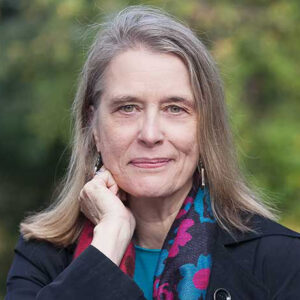The opportunity to reread a book seems a luxury. With all of the new books and limited time how do we justify it?
On impulse, I borrowed a new paperback edition of Charlotte Bronte’s Jane Eyre from the library. I had read it years ago as a teenager and I had also seen the film from the 1940s with Orson Welles and Joan Fontaine. I had forgotten how it feels to be so engrossed in a book that you experience a joyful anticipation until opening its pages again.
Rereading it has been an exquisite experience. Written in 1847, the book reverberates with an intensity and passion that is timeless and enthralling. Charlotte Bronte wrote her novels to support her family but this necessity did not compromise her extraordinary ability to create a world of memorable characters and powerful pictures of nature. Her language makes us breathless as it races across the page.
I am just at the point in the novel where Jane’s marriage to Rochester is halted due to his previous marriage and her dreams for future happiness are shattered.
“…her life was pale, her prospects were desolate. …ice glazed apples, drifts crushed the blowing roses; on hay-field and corn-field lay a frozen shroud: lanes which last night blushed full of flowers, today were pathless with untrodden snow; and the woods which twelve hours since waved leafy and fragrant as groves between the tropics, now spread, waste, wild and white as pine-forests in wintery Norway.”
Nature in this passage becomes the mirror for Jane’s feelings of heartbreak and betrayal. Written before the ease of typewriters and computer keyboards, you can feel the author’s creative urgency to put down with ink and paper her character’s feelings, feelings that she herself would have known or observed in others.
Reading Bronte’s novel is like taking a masterclass on how to convincingly convey human sensitivity, passion and loving forgiveness. At the same time, it is a social commentary about how the class structure in England operated in this period.
And, of course, Jane Eyre is a heroine who would appeal to any generation of feminists because she is not afraid to speak her mind and to do what she feels is right in the face of social convention and patriarchal pressures. She is her own woman and she will take responsibility for herself. Above all, she is a survivor at a time when women struggled to support themselves in a world of limited and low paid occupations.
Rereading this book has reminded me of why some books reach the status of classics.
